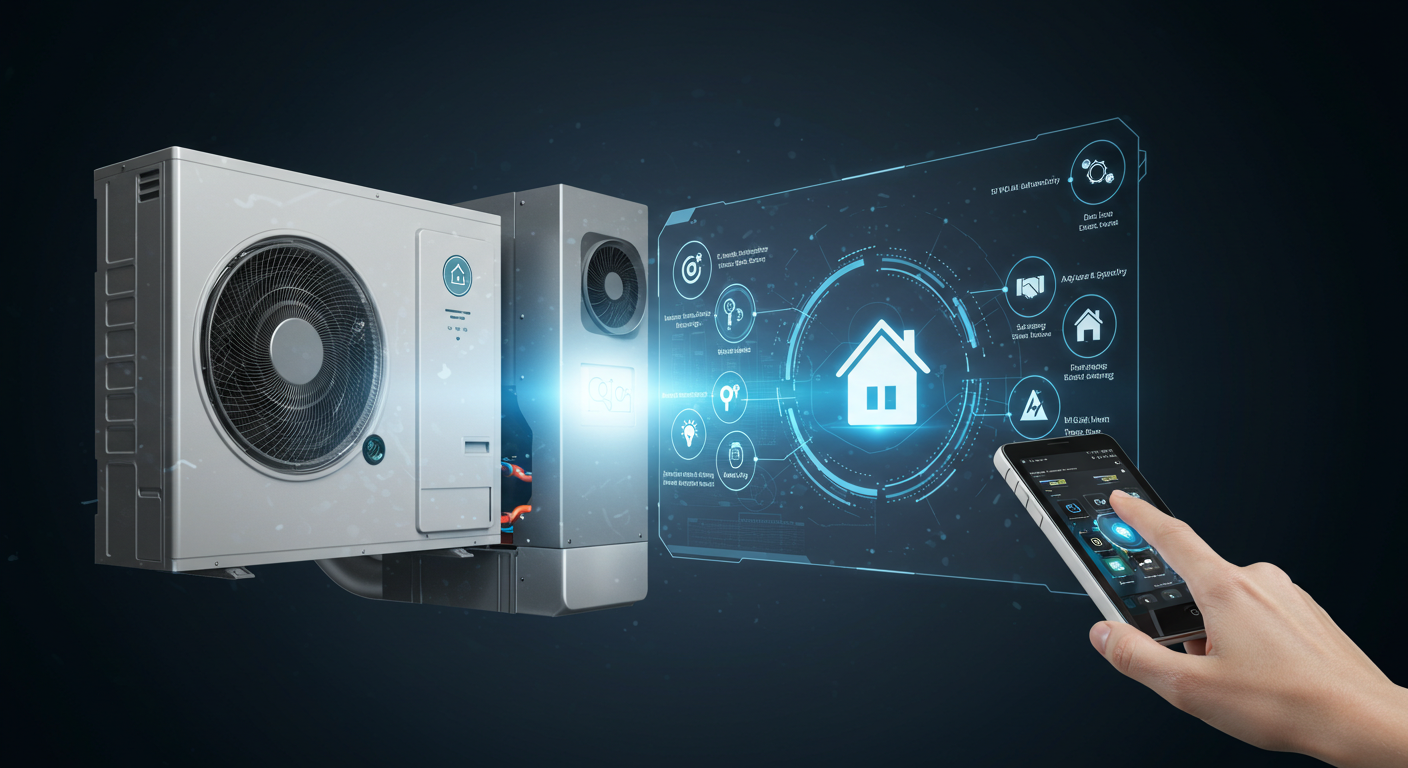
Exploring Cutting-Edge HVAC Materials That Improve Efficiency
In the rapidly evolving world of HVAC technology, staying ahead of the curve is crucial. With the global HVAC market projected to grow significantly by 2030, efficiency is the name of the game. This article delves into innovative materials that are setting new standards for energy efficiency, helping you make informed decisions for your HVAC needs.
The Rise of Advanced HVAC Materials
Advanced HVAC materials are revolutionizing how we think about energy efficiency. These materials not only enhance performance but also contribute to significant energy savings, making them a top priority for both consumers and professionals.
High-Performance Insulation: The Game Changer
Insulation plays a pivotal role in HVAC efficiency. High-performance HVAC insulation materials, such as aerogel, are leading the charge. Known for their superior thermal resistance, these materials significantly reduce energy consumption.
Phase Change Materials: Future of Thermal Management
Phase change materials (PCMs) are another innovative solution. They absorb and release thermal energy during phase transitions, maintaining optimal temperatures and reducing HVAC load.
Smart HVAC Materials and Their Impact
Smart HVAC systems are gaining traction, offering optimization and automation. These systems utilize smart materials that enhance operational efficiency, providing real-time adjustments and monitoring.
Reflective Coatings: Enhancing Energy Efficiency
HVAC reflective coatings are a simple yet effective way to improve system efficiency. By reflecting radiant heat, these coatings reduce cooling loads and energy use.
- Advanced HVAC materials improve energy efficiency.
- High-performance insulation like aerogel leads to significant energy savings.
- Smart materials enable real-time HVAC system optimization.
- Reflective coatings reduce cooling loads and energy consumption.
- Low-GWP refrigerants are crucial for environmental sustainability.
Conclusion
As the HVAC industry continues to evolve, embracing cutting-edge materials is essential for staying competitive and environmentally conscious. By integrating these innovative solutions, you can enhance efficiency and contribute to a sustainable future.
Ready to upgrade your HVAC system with the latest materials? Start exploring your options today!
FAQs About Cutting-Edge HVAC Materials
What are advanced HVAC materials?
Advanced HVAC materials are innovative solutions designed to enhance energy efficiency and system performance, including high-performance insulation and smart materials.
How do phase change materials work in HVAC systems?
Phase change materials absorb and release thermal energy during phase transitions, helping maintain optimal temperatures and reduce the HVAC system load.
Why are low-GWP refrigerants important?
Low-GWP refrigerants reduce environmental impact by minimizing global warming potential, aligning with sustainability goals and regulatory requirements.
What benefits do reflective coatings offer for HVAC systems?
Reflective coatings enhance HVAC efficiency by reflecting radiant heat, thereby reducing cooling loads and overall energy consumption.
How do smart HVAC materials improve system performance?
Smart HVAC materials enable real-time system optimization and automation, ensuring efficient operation and energy savings through advanced controls and sensors.

